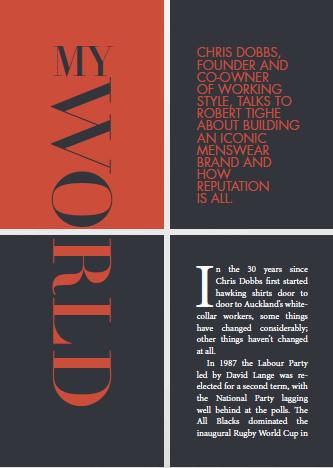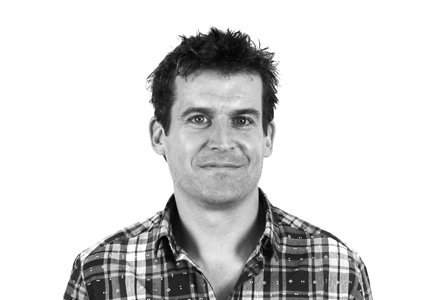
- Firstname/Profession
- Robert
- Writer / Journalist
- 12 Plus years Experience
- Auckland, Tauranga, Hamilton
-
 15735
15735
Represented: 26/08/14
WORLD Magazine - Working Style feature
About Project
Wrote a profile of Chirs Dobbs, the founder, and co-owner of Working Style, for WORLD Magazine.
Industries
Fashion
Specialties
Content Creation, Interviewing, Journalism
Client
WORLD

- ubiq EDM
- Education
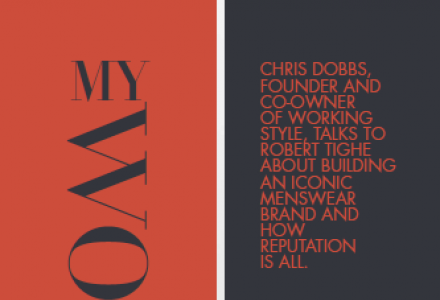
- WORLD Magazine - Wor...
- Fashion
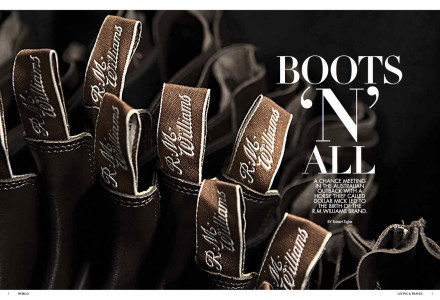
- RM Williams
- Fashion
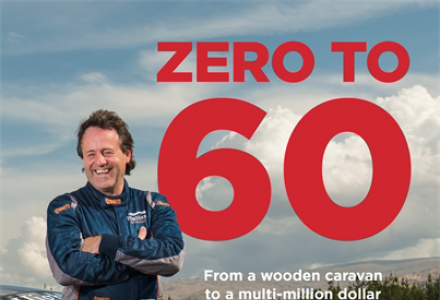
- Zero to 60
- Media
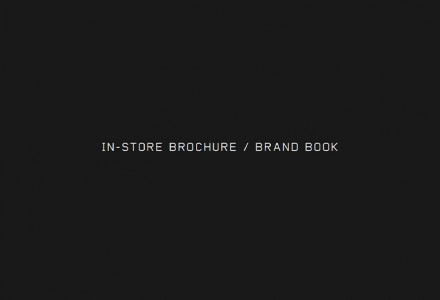
- Kit Menswear Brand B...
- Fashion
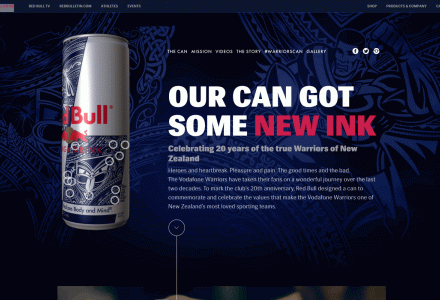
- Red Bull - 'Our Can ...
- Food & Beverage
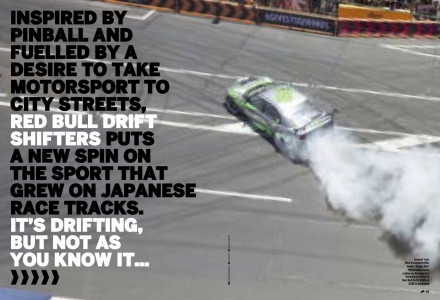
- Red Bull Drift Shift...
- Publishing
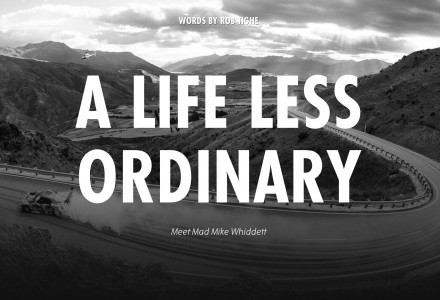
- Gives You Wings
- Sport & Recreation
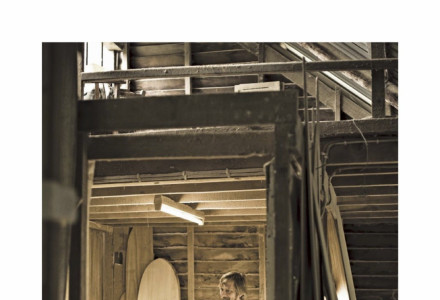
- The Maverick
- Sport & Recreation
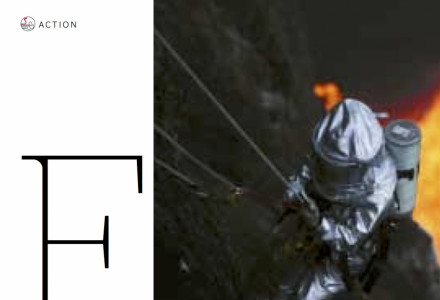
- Mr Lava Lover
- Sport & Recreation

- Sarah Walker - The R...
- Sport & Recreation
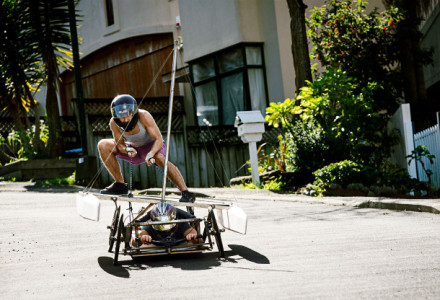
- Red Bull Trolley Gra...
- Sport & Recreation
MY WORLD
Chris Dobbs, the founder and co-owner of Working Style, talks to Robert Tighe about building an iconic menswear brand and how he gets away from it all.
In the 30 years since Chris Dobbs first started hawking shirts door-to-door to Auckland’s white-collared workers, some things have changed considerably while others haven’t changed at all.
In 1987 the Labour Party, led by David Lange was re-elected for a second term with the National Party lagging well behind at the polls. The All Blacks dominated the inaugural Rugby World Cup in New Zealand and no one at the time could have imagined it would be 24 years before they managed to win the title again.
Meanwhile, in Auckland, a young Chris Dobbs came up with the idea of selling shirts made by his Mum and her sewing circle friends in Marton, a small town in the Manawatu between Palmerston North and Wanganui.
“It was a fashion Ponzi scheme,” jokes Dobbs. “My Mum and her friends made the shirts in Marton. I sold them to my mates and my mates sold them to their mates. My good looking friends moonlighted as models and the not so good looking ones worked in sales!”
“We sewed our phone number on the label and encouraged people to ring us if they had any problems or if any buttons fell off. Believe me, a lot of buttons fell off in those early days! Occasionally someone would get a bad shirt but we’d sort it out. You had to sort it out quickly because I realised early on that your reputation was everything. Quality was everything. Reliability was everything. That’s one thing that hasn’t changed in 30 years.”
Today Dobbs, his brother Tim and co-director Andrew Cole employ 44 people in six Working Style stores — four in Auckland, two in Wellington and one in Christchurch — and their world class suits, shirts, casualwear, and accessories are worn by many of our politicians, media celebrities, sports stars and captains of industry.
“The great thing is if you get the captain then quite often you’ll get the rest of the team as well,” says Chris. “Young guys now dress so well. TV shows like Mad Men and Suits have had a big impact. The young guns enjoy pimping it up in a nice suit and feeling good about themselves and it’s forced many of the older guys lift their game.”
“Weddings and funerals are great for us. If you don’t get the first (ie the wedding), you hope you get the second! We also deal with a lot of guys who get to 40 and realise, ‘Jeez, I look and feel like my father.’ They’ve been raising kids and working hard and they start asking themselves, ‘What’s in it for me?’ Reinventing their wardrobe is a good place to start.”
Dobbs’ story starts in Marton where his father was an engineer, and something of “an international man of mystery,” to his young son.
“He was a fitter and turner by trade but he spent most of his career with a company that made petrol pumps,” says Dobbs. “He travelled the world selling these petrol pumps and came home with stories from all these wonderful, exotic places.”
Dobb’s mother Marie was a nurse who also happened to be a dab hand with a needle and thread. “Mum and Dad were both snappy dressers and into their clothes,” he says.
More importantly, they were good parents. “I often reflect on how different this country would be if every kid had just one person in their lives who made them feel bulletproof and convinced them they could do anything they wanted to. I was fortunate enough to have two.”
Dobbs studied marketing in university but was sacked from his first job in the money markets.
“I wasn't good at my job,” he admits. “I had aspirations of being a Gordon Gekko, Wolf of Wall Street type, but it was a bad time to try and get rich quick. It was 1987, just before the stock market crashed and I didn't have the financial skills for that kind of work. I was a marketer and I was crushed by the numbers guys. One silver lining was it made me realise that a conventional career path wasn't for me. I liked the idea of starting my own business but I didn't have the first idea how to go about it.”
“I was sitting around various flats in Auckland having a grand old time, wondering how I was going to pay off my university overdraft. I’d always been interested in clothes and fashion so I got a job working in a fabric warehouse. I realised I could buy fabric at a knockdown price and from working in the financial industry I knew that business people needed a shirt for every day of the working week. I figured cotton shirts could sell well and I started knocking on doors to drum up business.”
“It was one of the hardest things I’ve done in my life. It just about killed me. Every day I had people tell me to f**k off. It was one level below selling used cars. It was brutal, absolutely brutal but I got better at it. I learned to charm my way past the receptionist and hopefully, I’d come out with a couple of grands worth of deposits in my pocket. Once I had the money I had to get the shirts made which wasn't easy either.”
Dobbs had his shirts bussed up from Marton and sometimes when the Desert Road was closed in the winter, the shirts wouldn't get through.
“All hell would break loose as we tried to placate people who’d paid a deposit and wanted their shirts. We were living hand to mouth and there were so many highs and lows. I was learning how to run a business, how to make shirts and out there knocking on doors from 9 to 5. We made all the mistakes known to mankind in those early days but because we hadn’t opened a retail store and didn't have many overheads we didn't go broke. We also learned very quickly what worked and what didn't. When we opened our first store in Parnell we already had an established clientele that came to us.”
Dobbs started building a database of his customers long before it was fashionable.
“We’ve got client information going back 30 years,” he explains, opening up a program on his computer in the head office above the company’s flagship store on Auckland’s Shortland Street. He types in the name of one of New Zealand’s most well-known CEO’s and at a glance, he can find out when and what he purchased last, his vital statistics and what alterations, if any, were made to ensure a perfect fit.
“We have all the information we need to get it right first time and fast. Having our customers’ details in our database means we don’t waste their time. We regularly deal with panicking men who need a suit in a hurry. If we can help them out we’ve got a customer for life. Just today I got a text from Jesse Mulligan who was in Wellington and needed a dinner suit. We were able to send him one without him having to come into the store. We have customers all over the world that we do that for.”
“Our customers have a number of things in common: they hate shopping, they generally don’t know what they need and they’re time poor. We set up appointments for them so they’re relaxed when they come into the shop. We help them figure out what looks good on them. Our goal is to make their life easier and help them feel better about themselves.”
Back in 1987, the first Working Style shirts would set you back $59 or thereabouts. “You don't even get a collar for that these days,” laughs Dobbs.
“As we developed a reputation for delivering quality we were able to command more for what we did. Our shoes come from Spain and a lot of our stuff is made in Italy. I’ve got a Turkish jacket on today and pants from Hong Kong. The New Zealand consumer is so much more sophisticated than when we started. Auckland has become a very cosmopolitan city in the last ten or fifteen years.”
Dobbs has changed with the city.
“I was very hands on for the first 20 years of the business,” he says. “I worked long hours and most weekends but not anymore. I’ve got three kids (Imogen, 21, Ted 16, and Amelia, 14) and I do my best to spend as much time with them as I can. We’ve got a traditional Kiwi bach up in Matapouri and we try to spend most of January up there. That’s my happy place. I’m nuts on boating and fishing and getting out on the water is a real escape for me. I need it because the fashion industry is a tough one. It’s important for me to be able to switch off the brain.”
The gym is his other go to when he needs to switch off. “It’s my anchor to help keep everything cool and calm. If I’m flagging a bit at work, I go to the gym and after an hour of sweating it out I’m ready to go again. I’m a bit of an endorphin junkie but I do it to feel good and to help me stay awake. I’m certainly not doing it for the guns!”
One of the things he ponders while he’s pushing through the pain barrier at the gym is where to next for the business.
“We’re looking at going on the road with a trunk show to explore some new markets. We’re looking at Sydney, Singapore and Queenstown for starters. We’re going back to our roots in a way. We’ll set up in a hotel, invite people to come in for a fitting, pocket the deposit cheque and come home and make the stuff. It’s a foot in the door without making a big investment. I don't want to open a shop and wait for customers to come to me. That’s not how I do business.”
What’s that saying...the more things change, the more they stay the same.
 1990
1990
